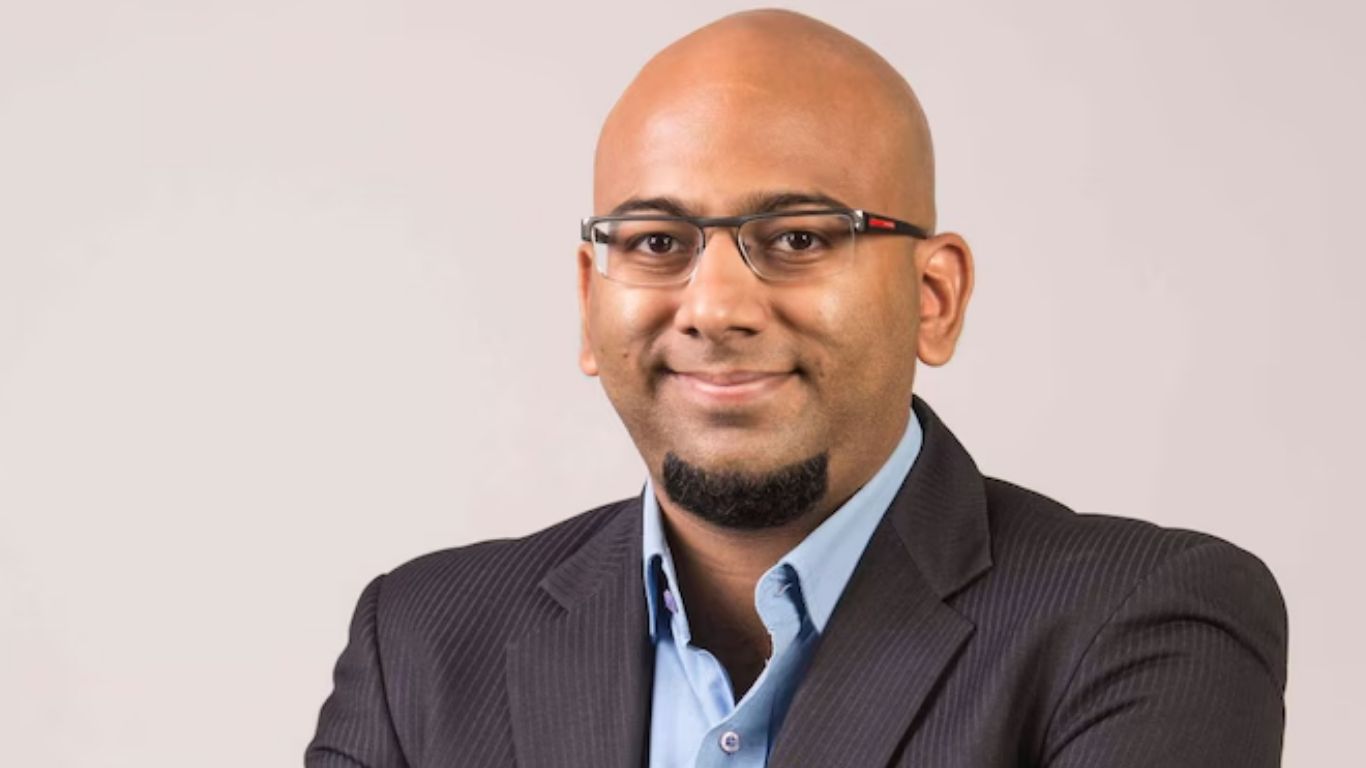Shantanu Deshpande, founder and CEO of Bombay Shaving Company, recently stirred a lively debate on LinkedIn with his candid reflections on Indian work culture, economic disparities, and the relentless “work hard” ethos ingrained in society. His post delved into the motivations driving India’s workforce and the broader implications of wealth inequities, drawing strong reactions from across the spectrum.
Key Insights from Deshpande’s Post
- The Fragility of Workforce Motivation
Deshpande asserted, “If financial security were guaranteed, 99% wouldn’t show up to work the next day.” This bold statement challenges the traditional notions of work as a calling or passion. He argued that for most, work is less about fulfillment and more about survival, spanning professions from gig workers to government employees. - Wealth Inequities in India
Highlighting the wealth gap, Deshpande pointed out that just 2,000 families control 18% of India’s wealth, yet their tax contributions account for less than 1.8% of total collections. He labeled this disparity as “insane,” calling into question the morality of a system where the labor of many enriches a select few. - A Historical Context for Work
Reflecting on the historical roots of modern work culture, he stated, “For over 250 years, we’ve accepted the norm of working tirelessly from dawn to dusk… Nations have been built on this.” While acknowledging the necessity of this model, Deshpande admitted that even those advocating for change struggle to break free from the narrative of “work hard and climb up.”
Reactions to Deshpande’s Views
The post quickly ignited diverse opinions, with some applauding Deshpande’s honesty and others challenging his conclusions:
- Work Beyond Financial Security
One commenter suggested that work isn’t just about earning a paycheck. “A job keeps the mind active,” they wrote. “Without it, people might waste time scrolling through social media.” - Essential Workers’ Contributions
Another perspective emphasized the indispensable role of farmers, teachers, healthcare workers, and vendors. These professions, they argued, “go beyond financial motives to sustain society.” - The Challenges of Financial Security for All
Skeptics questioned the practicality of providing universal financial security in a country as populous as India. - Philosophical and Cultural Reflections
Some readers connected Deshpande’s observations to broader philosophical ideas, likening them to struggles portrayed in the Ramayana and Mahabharata, where challenges and toil were central themes.
Takeaways from the Discussion
Shantanu Deshpande’s post serves as a mirror to the complex realities of modern work culture. While it shines a light on the inherent flaws and inequities in the system, it also reveals how deeply embedded the work ethic is in societal norms.
This debate is a testament to the ongoing challenges in addressing economic disparities while ensuring that work remains meaningful and rewarding for individuals. As India continues its journey toward growth and progress, conversations like these are essential for reimagining the role of work in a more equitable future.















